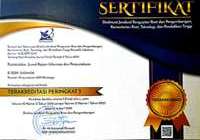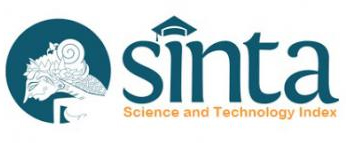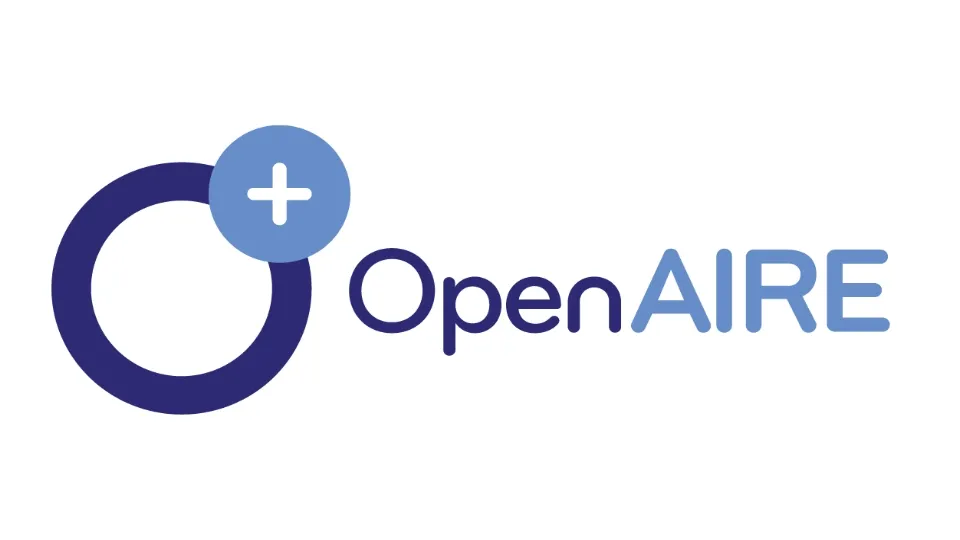Analisis Keinternasionalan Jurnal-Jurnal Keislaman PTKI
DOI:
https://doi.org/10.21154/pustakaloka.v10i1.1234Keywords:
Islamic studies, journals, internationality, editors, authors, citationAbstract
The internationality of Al Jami'ah, Studia Islamika and Journal of Indonesian Islam were analyzed based on country distribution of editors, country distribution of authors, international authors collaboration and international citation. A total of 240 articles were analyzed: 86 from al-Jami'ah, 74 from Studia Islamika, and 80 from JII during the period of 2012-2016. For country distribution editors and authors, the three journals use editors from different countries which internationally represent Asia, Europe, America and Australia, where most of the editors come from Indonesia. Therefore, the contribution of global scholarship still has not reached 50% of each edition. Based on international collaboration, Al Jami'ah published a little number of articles from collaboration by Indonesian and overseas authors, while Studia Islamika and Journal of Indonesian Islam had no contribution from international collaboration. International citation for all three journals are in balance during five years. They have not been much cited by authors who publish their writing globally. However, the citation may increase if international journals that cited them publish their latest edition in the future.
Downloads
Published
Issue
Section
License
Requirements to be met by the author as follows:
- Author storing copyright and grant the journal right of first publication manuscripts simultaneously with licensed under the Creative Commons Attribution License that allows others to share the work with a statement of the work's authorship and initial publication in this journal.
Authors can enter into the preparation of additional contractual separately for non-exclusive distribution of a rich version of the journal issue (eg: post it to an institutional repository or publish it in a book), with the recognition of initial publication in this journal.
Authors are allowed and encouraged to post their work online (eg, in institutional repositories or on their website) prior to and during the submission process, because it can lead to productive exchanges, as well as citations earlier and more severe than published works. (see The Effect of Open Access).















